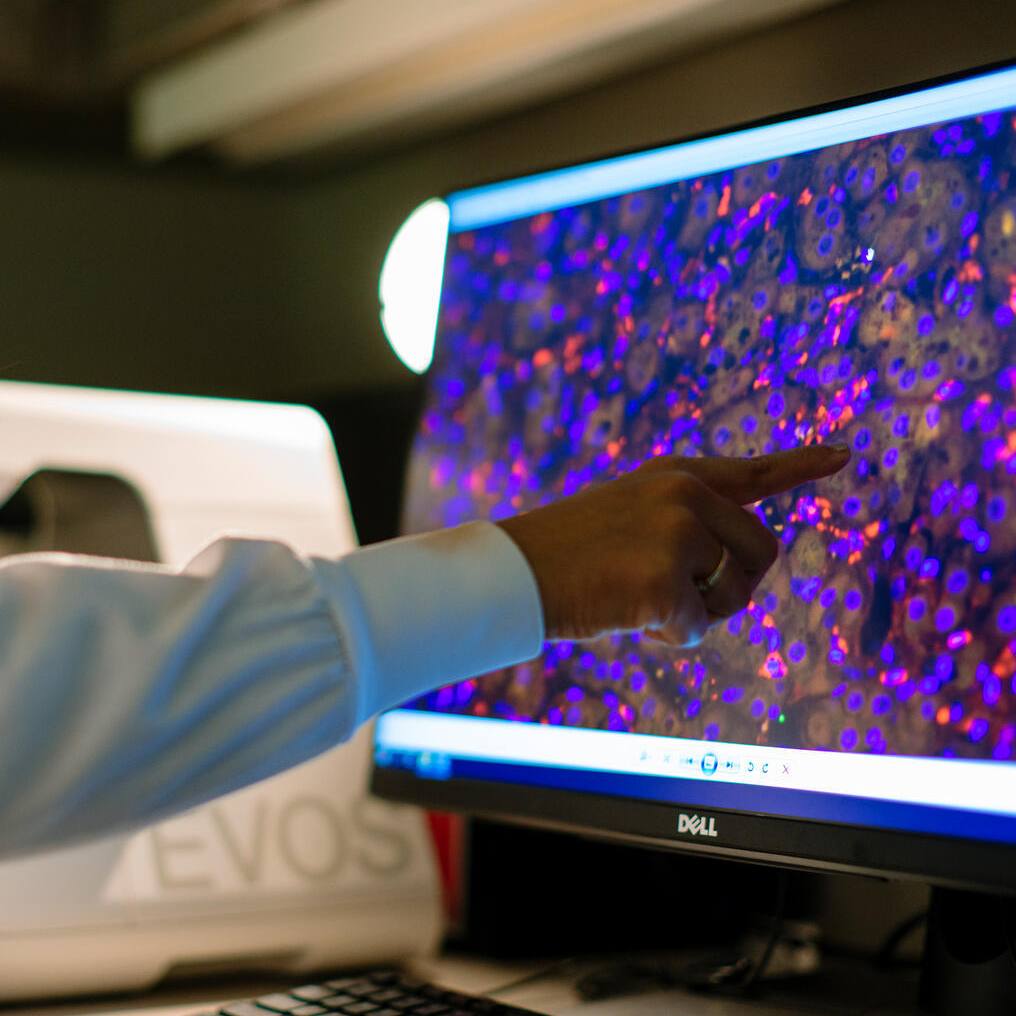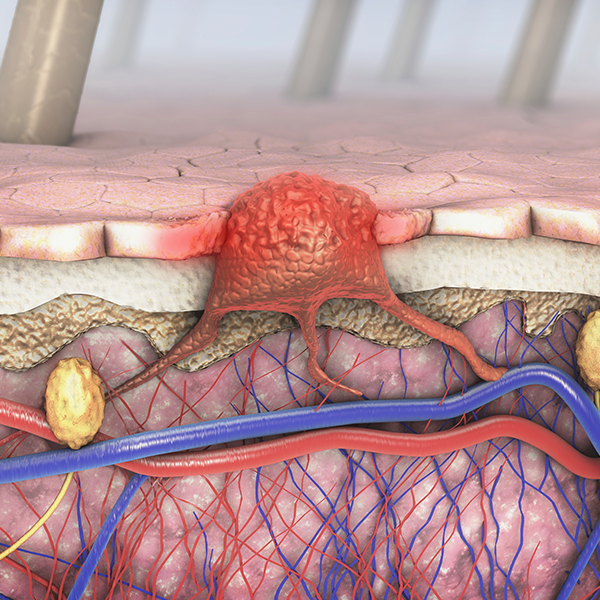-
New Test Offers Greater Accuracy in Early Detection of Colorectal Cancer
ROCHESTER, Minn. — Results of two studies suggest that a new, investigational colorectal cancer screening test developed in a collaboration between Mayo Clinic and Exact Sciences Inc. of Madison, Wis., is highly accurate and significantly more sensitive than other noninvasive tests at detecting precancerous tumors (adenomas) and early-stage cancer. These findings have important implications for clinicians and tens of thousands of Americans. Early detection is a key driver of better outcomes for colorectal cancer — a disease that affects 1 in every 17 persons and is the second-leading cause of U.S. cancer deaths.

VIDEO ALERT: Additional audio and video resources, including excerpts from an interview with Dr. David Ahlquist describing the research, are available on the Mayo Clinic News Blog.
The first study, to be published in the February issue of Gastroenterology, shows that a new multi-marker stool DNA test is highly accurate at detecting precancerous polyps and early-stage colorectal cancer. This is the first large-scale, blinded study to measure the new test's effectiveness.
The second study, to be published in the March issue of Clinical Gastroenterology and Hepatology, shows that the stool DNA test is significantly more accurate than a new plasma test for identifying patients with large precancerous polyps or colorectal cancer, while delivering fewer false-positive results.
"Our findings in these studies underscore the great potential of the stool DNA test as a colorectal cancer screening tool," says lead author David Ahlquist, M.D., of Mayo Clinic, principal investigator of both studies. "Along with its high accuracy, this test approach could improve participation rates due to its patient-friendly features. The test is noninvasive; requires no bowel preparation, medication restriction, or diet change; and can be performed on mailed-in samples without the need, expense, or inconvenience of a health care visit."
The stool DNA test works by finding signature genetic markers in stool samples mailed in by patients. A positive test would be followed by a colonoscopy to remove the polyps and prevent a subsequent cancer from forming, Dr. Ahlquist says.
First Study Highlights Stool DNA Test's Accuracy
Titled "Next-Generation Stool DNA Testing for Detection of Colorectal Neoplasia: Early Clinical Evaluation," the first article features results from the first large-scale study to measure the test's accuracy:
- Across nearly 400 cases, the stool DNA test detected 87 percent of curable-stage colorectal cancer. Importantly, detection sensitivity was not affected by tumor location or stage.
- The test detected the majority of large precancerous polyps at high risk for cancer progression.
- Sensitivity was 64 percent for polyps larger than 1 centimeter (cm), 77 percent for those larger than 2 cm and 92 percent for those larger than 4 cm.
"These data illustrate the strength of the multi-marker stool DNA test to the critical screening targets — pre-cancers and early-stage cancer," says co-investigator Stephen Thibodeau, Ph.D., a genetics researcher at Mayo Clinic. "And, importantly, this test appears to uniquely represent an accurate noninvasive approach to large polyp detection, which offers the promise of actually preventing cancers from developing."
Second Publication Compares Screening Methods
The second article, titled "Stool DNA vs. Plasma Septin 9 Testing," uses the results of the first study to compare the sensitivities of the stool DNA test and a plasma test for methylated Septin 9 (SEPT9) in identifying patients with large adenomas or colorectal cancer. Highlights include:
- The stool DNA test detected 82 percent of precancerous polyps compared to only 14 percent detected by SEPT9.
- The stool DNA identified 87 percent of cancers at any stage, compared to 60 percent with SEPT9.
- Stool DNA was even more effective at detecting curable-stage cancer (Stage I, II or III), detecting such cases 91 percent of the time, compared to just 50 percent with SEPT9.
- The SEPT9's rate of false-positives was nearly four times that of stool DNA (27 percent vs.
7 percent).
"It was important to compare tests head-to-head," Dr. Ahlquist says. "Our findings are clear and entirely consistent with the biology of the marker release. Cancerous and pre-cancer cells are shed into the stool and detected by the stool DNA test long before tumors progress to invade the bloodstream for later detection by the plasma SEPT9 screening test."
Screening for colorectal cancer is recommended for everyone beginning at age 50, yet 60 percent of patients are diagnosed with the disease in its late stages, primarily due to poor screening compliance. Testing is critical because survival rates increase dramatically if colorectal cancer is detected in early stages.
About Mayo Clinic and Exact Sciences
Mayo Clinic has licensed intellectual property to and is a minor equity investor in Exact Sciences. Dr. Ahlquist is one of the inventors of the licensed technology described in this release and also serves as a scientific adviser to Exact Sciences.
Media Contact: Brian Kilen, 507-284-5005 (days), newsbureau@mayo.edu







